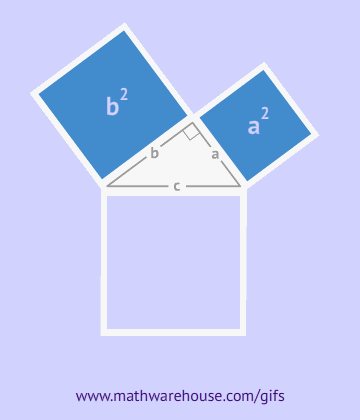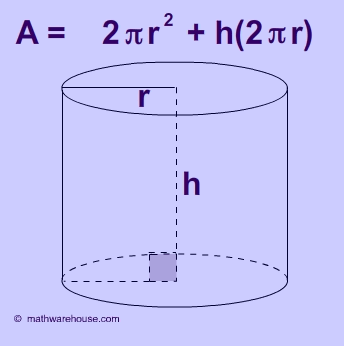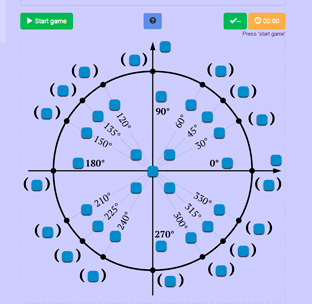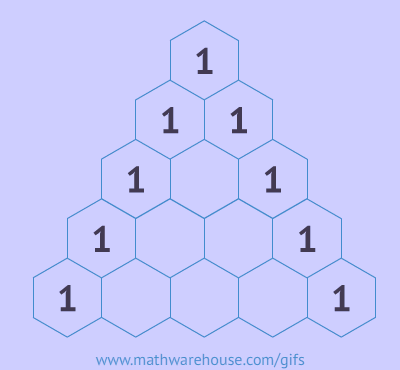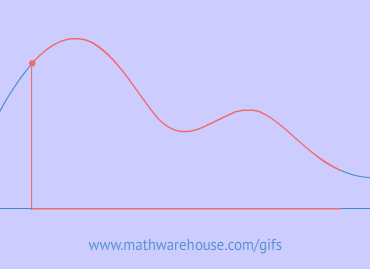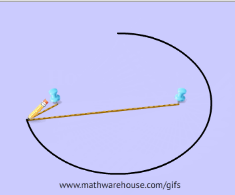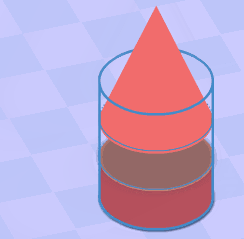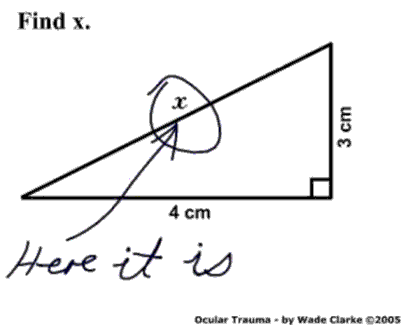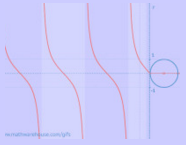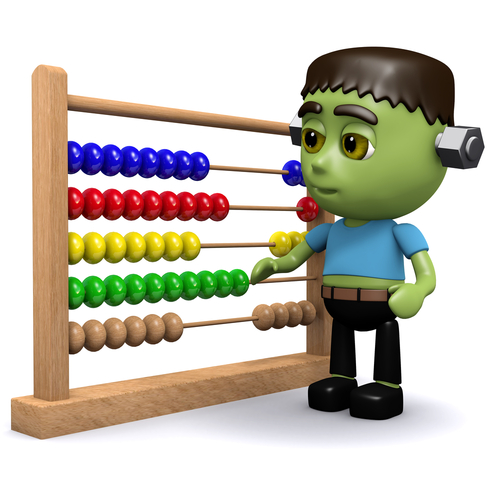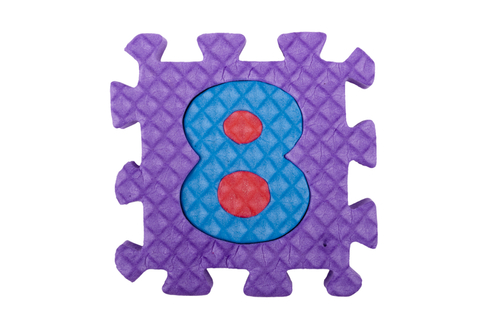Spoiler: If you just want the answer
And you don't want to read the explanation below, then click here.
Recently a thought-provoking problem was popularized: the “Cheryl's Birthday” problem.
It all started when Kenneth Kong, a television show host in Singapore, posted the following problem to Facebook:
Albert and Bernard just became friends with Cheryl, and they want to know when her birthday is. Cheryl gives them a list of 10 possible dates.
Cheryl then tells Albert and Bernard separately the month and the day of her birthday respectively.
Albert:
“I don't know when Cheryl's birthday is, but I know that Bernard does not know too.”
Bernard:
“At first I don't know when Cheryl's birthday is, but I know now.”
Albert:
“Then I also know when Cheryl's birthday is.”
So when is Cheryl's birthday?
This problem quickly went viral with people from all over posting solutions and explanations. It wasn't long before everyone knew about the “Cheryl's birthday” problem, although not everyone understood it, and most people certainly could not explain it.
Luckily for you, we're going to do just that -- provide a step by step, easy to follow, explanation of how to solve this math riddle. Now, before you decide the problem looks too difficult for you, you should know it's not as hard as it looks. In fact, this problem was made for high school students. Once you wrap your head around the concepts, the problem really is quite easy to solve.
Let's get started.
First off, we should organize the dates in a table. This will make it easier to eliminate dates we know can't be Cheryl's birthday later on.
| May | 15 | 16 | 19 | |||
| June | 17 | 18 | ||||
| July | 14 | 16 | ||||
| August | 14 | 15 | 17 |
Now that we have our table made, we can begin.
Step one is to read the first thing Albert says:
“I don't know when Cheryl's birthday is, but I know that Bernard does not know too.”
Remember, Albert was only told which month Cheryl was born in, so the first half of his sentence tells us nothing (we already knew that he doesn't know Cheryl's birthday because every month in the table has more than one day associated with it). However, the second half of Albert's sentence does shed some light on the problem: the fact that Albert knows that Bernard doesn't know either.
How could Albert come to such a conclusion? Well, we have to remember that Bernard was told the day portion of Cheryl's birthday. If we look back at the table, we can quickly see that there are only two days which have only one instance: the 18th and the 19th of June and May, respectively. So, if Albert knows that Bernard doesn't know Cheryl's birthday then Albert must somehow know that Bernard couldn't have been told 18 or 19.
Since Albert knows the month of Cheryl's birthday, there's only one way he could know that Bernard wasn't told 18 or 19: Albert couldn't have been told May nor June.
So, from Albert's first statement alone, we know that Albert was told either July or August (by elimination of May and June). Let's fix the table to show this.
| May | 15 | 16 | 19 | |||
| June | 17 | 18 | ||||
| July | 14 | 16 | ||||
| August | 14 | 15 | 17 |
Next, we need to read Bernard's response to Albert's initial statement.
“At first I don't know when Cheryl's birthday is, but I know now.”
Similar to the previous sentence, the first part tells us nothing (in this case, it only reaffirms what Albert said). The last phrase, however, gives us quite a bit of information. Remember, Bernard can also deduce everything we have so far. Therefore, to understand how Bernard determined Cheryl's exact birthday from Albert's statement alone, we must approach the problem as Bernard.
Currently, we know that Bernard must have been told 14, 15, 16, or 17 (those are the only possible numbers left in the table at the moment). However, we also know that once Bernard could (like we did) narrow the choices down to only July and August dates, he was able to discern the exact date of Cheryl's birth (remember, Bernard can eliminate May and June through the same process we did). If Bernard was told 14, his claim would be wrong because he couldn't deduce Cheryl's birthday – he'd still have two possible options: July 14th or August 14th. However, if Bernard was told 15, 16, or 17 then he could deduce Cheryl's birthday because there is only one possible date in the table for each of those: August 15th, July 16th, or August 17th. This means that Bernard must have been told 15, 16, or 17. Knowing this, let's adjust the table.
| May | 15 | 16 | 19 | |||
| June | 17 | 18 | ||||
| July | 14 | 16 | ||||
| August | 14 | 15 | 17 |
There are only 3 possible dates left – we're so close! Luckily, we have one last statement to help us solve the problem once and for all.
The final statement of this problem, spoken by Albert, is the following.
“Then I also know when Cheryl's birthday is.”
Keep in mind that Albert, just like Bernard, can deduce everything that we have. That being said, Albert, prior to solving the problem altogether, also knows that Cheryl's birthday must be July 16th, August 15th, or August 17th.
At this point, it is imperative that we don't forget the basic elements of this problem. Often times, once people get this far into the problem, they become too engrossed in the deduction process and neglect basic information. In other words, they're looking for a difficult solution when the simple solution is right in front of them. That being said, remember, Albert was told the month in which Cheryl was born..
At the moment, our deductions have told us that Cheryl was born on July 16th, August 15th, or August 17th. So, if Cheryl told Albert that she was born in August, Albert would still face uncertainty as there are two possible dates in August at the moment. But, if Cheryl told Albert that she was born in July, Albert could know with 100% certainty that Cheryl was born on July 16th – it's the only July date left! Well, Albert said he knew when Cheryl's birthday was, therefore he must have been told July. So, after all that work, we've come to the conclusion that.
Cheryl's birthday is July 16th

